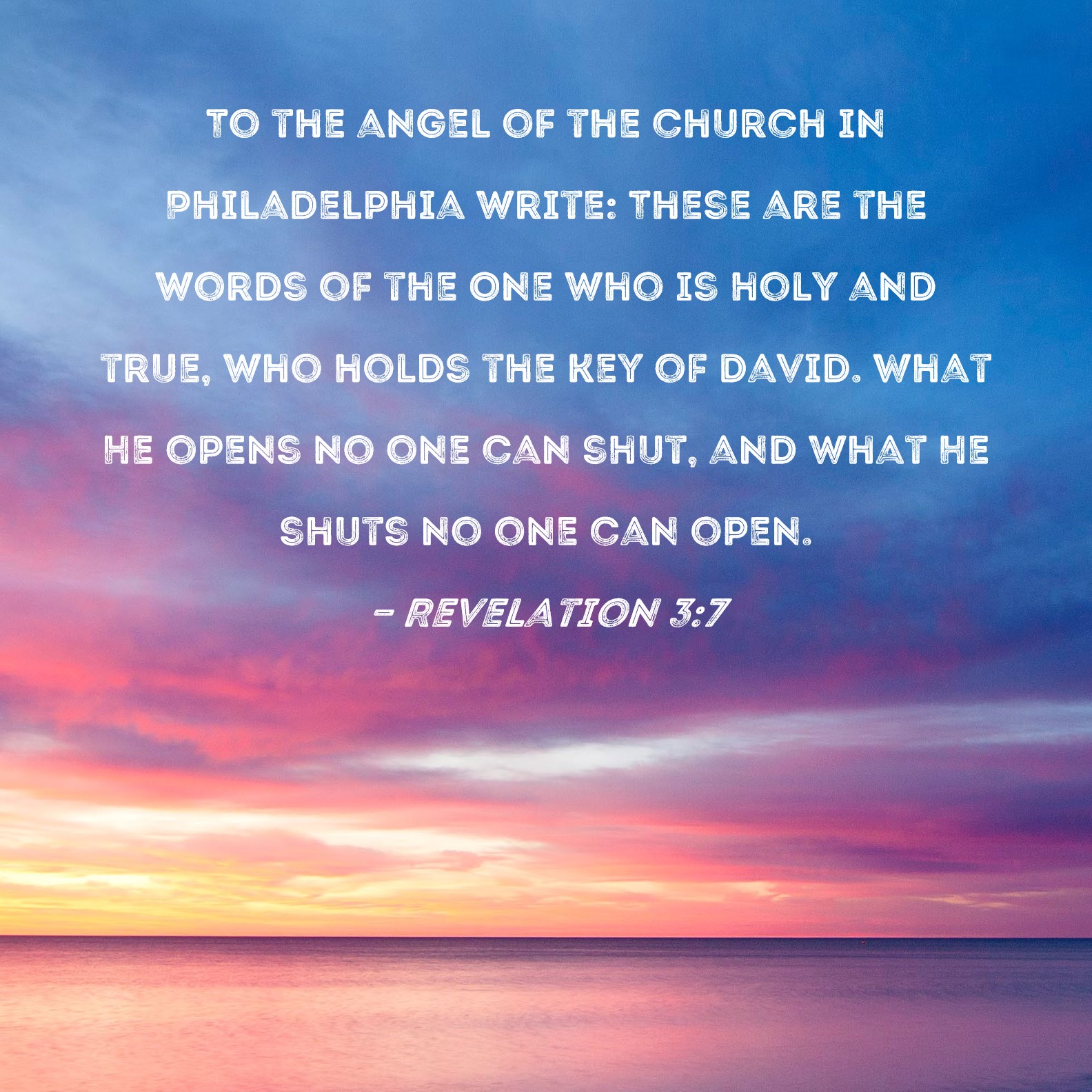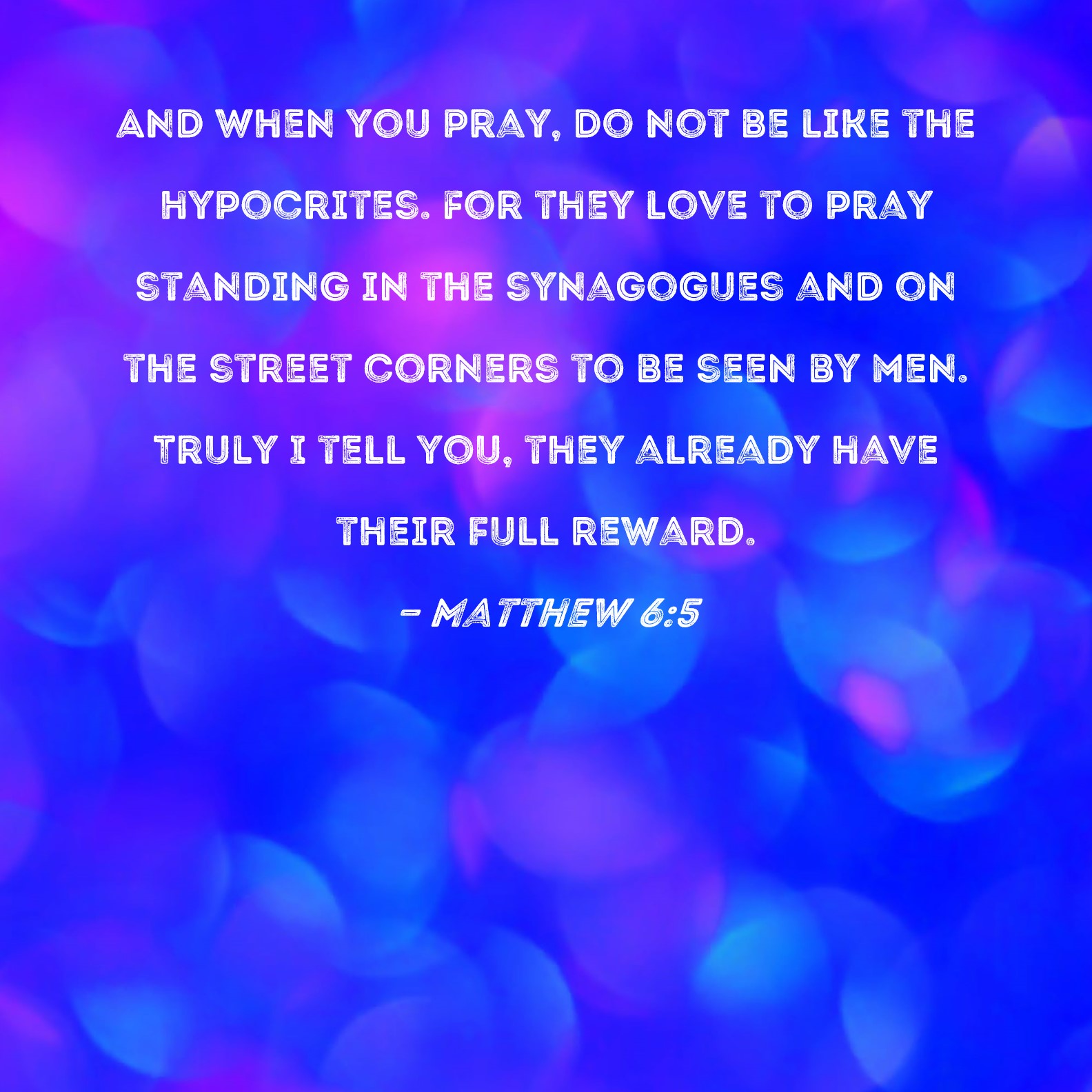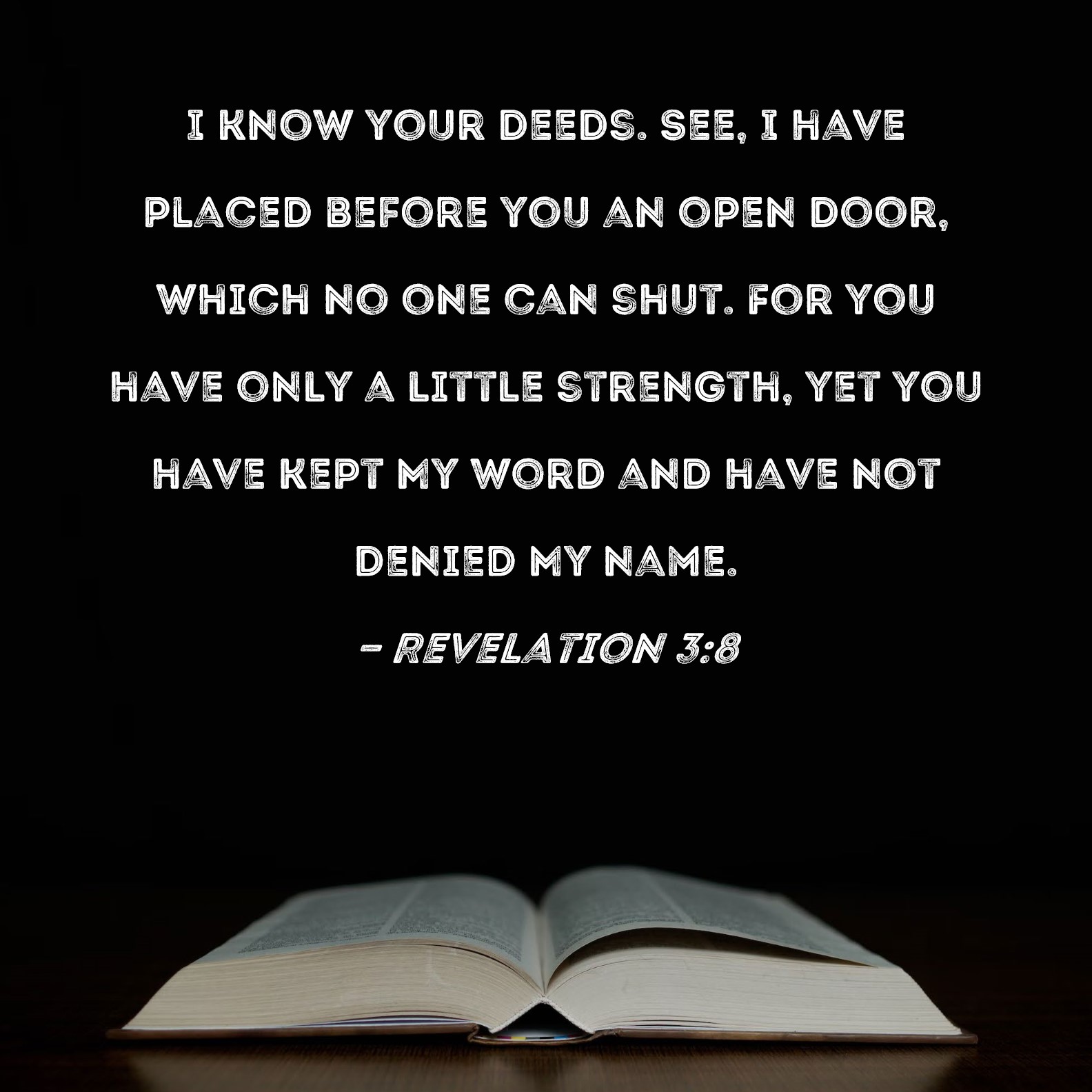Red Sky at Morning
Superstar
- Joined
- Mar 15, 2017
- Messages
- 14,651
Well, just my take but this is how I see it:And what would you think that prophetic significance might be please, along with the fact that it didn't allow the wasting of the fragments left over from the feeding of the 4000 and the 5000? And what was the spiritual significance of Him feeding the two groups in the first place? Please enlighten us.
Number in scripture is rarely wasted, from 7 days of creation to 7 branches on the Menorah and the 7 feasts of the Lord to the 153 fish counted on the beach after the resurrection. It’s a study in its own right.
As far as the feeding of the multitudes and the gathering of the baskets, Jesus intimates that there may be a greater significance to it than a feast and a tidy up.
Mark 8
Leaven of the Pharisees and Herod
(Matthew 16:5-12)
14Now the disciples had forgotten to take bread, neither had they in the ship with them more than one loaf. 15And he charged them, saying, Take heed, beware of the leaven of the Pharisees, and of the leaven of Herod. 16And they reasoned among themselves, saying, It is because we have no bread. 17And when Jesus knew it, he saith unto them, Why reason ye, because ye have no bread? perceive ye not yet, neither understand? have ye your heart yet hardened? 18Having eyes, see ye not? and having ears, hear ye not? and do ye not remember? 19When I brake the five loaves among five thousand, how many baskets full of fragments took ye up? They say unto him, Twelve. 20And when the seven among four thousand, how many baskets full of fragments took ye up? And they said, Seven. 21And he said unto them, How is it that ye do not understand?
Here are the numeric equations:
Feeds 5000 with
- 5 loaves
- 12 baskets left over
- 7 loaves
- 7 baskets left over
Since Jesus was the promised Messiah, He came for those who looked forward to His coming. Here’s how the baskets may signify actually redemptive history, especially as Jesus is the “bread of life”.
Old Covenant: Christ first feeds people (out of grace) and yields the 12 baskets. This is God first establishing the People of Israel (12 tribes) in the Old Testament and signifies that Jesus was the fulfilment of the promise made to Abraham.
New Covenant: Christ thereafter feeds people and yields the 7 baskets. 7 churches are spoken of in Revelation indicating the church through the ages. The two feedings and gatherings represent the completeness of God’s plan.
Last edited:






